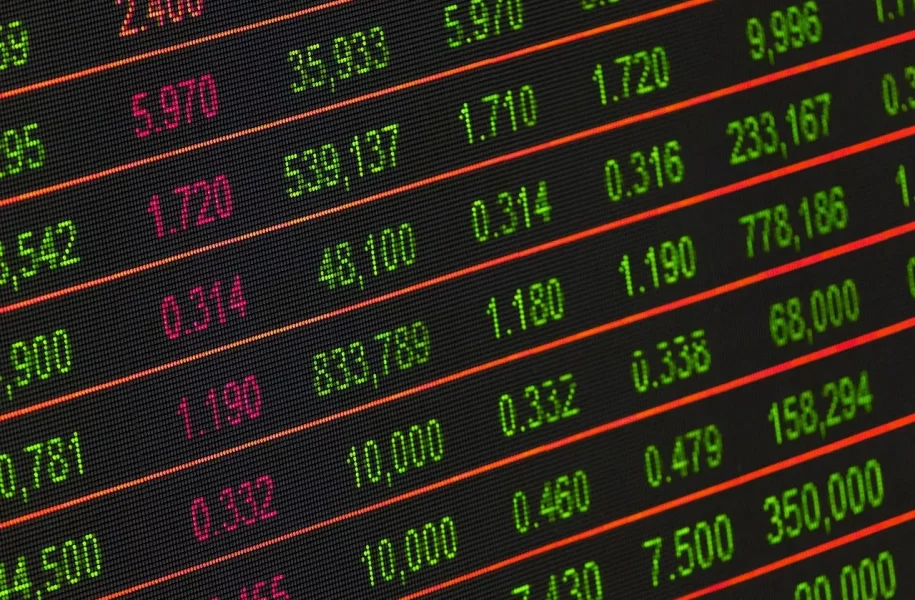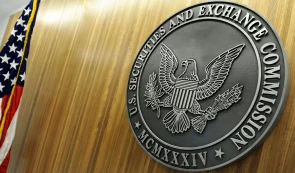Deutsche Bank’s Stock Plummets Sparking Market Turmoil in Europe

The stock price of Deutsche Bank took a sharp nosedive, dragging other prominent European banks down with it and sparking concerns about a potential banking sector crisis.
On Friday, Germany’s largest bank saw a decline of over 14% on the Frankfurt Stock Exchange, though it managed to regain some ground later in the day to finish at 9.5% lower, trading at $9.35 per share.
Deutsche Bank is among the 30 globally significant financial institutions that must maintain higher capital reserve levels due to international regulations, as its potential failure could cause extensive losses.
The bank has long been troubled, and investor concerns have increased following the market turmoil resulting from the collapse of three regional US lenders and the takeover of Credit Suisse by UBS, brokered by the Swiss government.
As the cost of insuring the bank’s debt against default risk, measured by credit default swaps, has surged, investors have increasingly worried about the banking sector’s health. The rise in debt insurance costs preceded Credit Suisse’s rescue by UBS, contributing to the Swiss bank’s plummeting shares and customer withdrawals.
READ MORE: Coinbase and SEC Lock Horns Over Alleged Securities Law Breaches
German Chancellor Olaf Scholz expressed confidence in Deutsche Bank, assuring that there was no cause for concern, and emphasized that the European banking system was stable due to strict rules and regulations.
The bank had undergone significant restructuring, resulting in thousands of job losses and a greater focus on Europe, and had returned to financial health, as seen from last year’s highest annual profit since 2007.
EU officials stated that banks within the regulatory system of the European Union, excluding Credit Suisse, are robust and have little exposure to the failed Silicon Valley Bank in California and limited exposure to Credit Suisse.
















